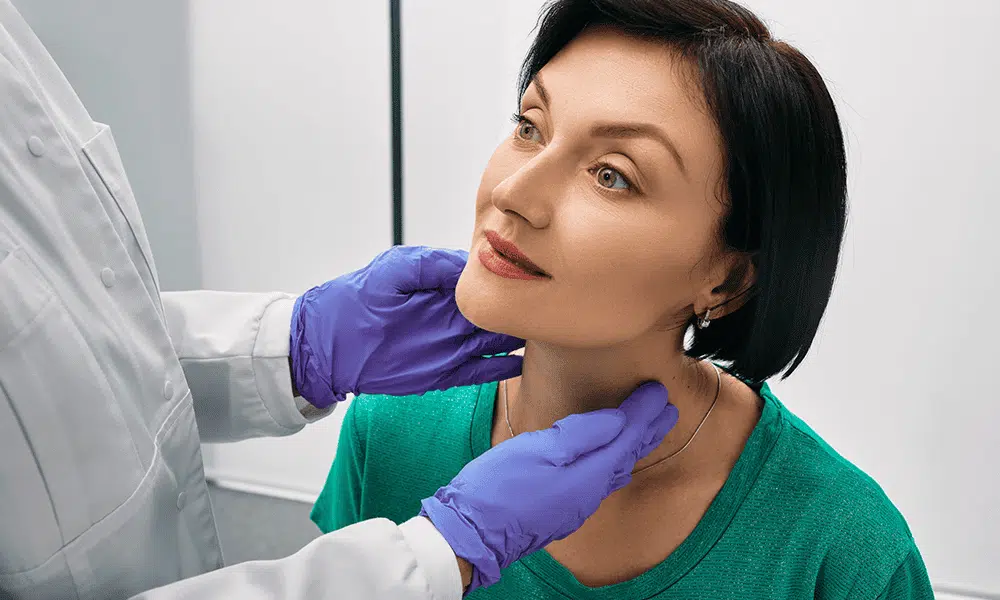Understanding thyroid disorders is no small feat. Enter otolaryngologists, like Shivan Amin MD, who are making huge strides in this field. These specialists focus on ear, nose, and throat issues. Yet, their expertise extends further. They play a critical role in diagnosing and treating thyroid disorders, contributing significantly to improved patient health. This blog delves into their invaluable work.
Role of Otolaryngologists
Otolaryngologists are not just about sore throats and runny noses. They are also experts at understanding the complexities of the thyroid gland. When this gland acts up, it can lead to problems with metabolism, body temperature, and heart rate. Otolaryngologists use their deep knowledge to diagnose, treat, and manage thyroid disorders.
Diagnosis
Otolaryngologists are often the first to spot signs of a thyroid disorder. They’re alert to symptoms such as changes in voice, difficulty swallowing, or swelling in the neck. They use state-of-the-art tools for accurate diagnosis, including ultrasound imaging and fine-needle aspiration. This careful and precise work is crucial to setting patients on the right treatment path.

Treatment
When it comes to treatment, otolaryngologists have a range of options. They might prescribe medication to regulate hormone levels. In more severe cases, they might recommend surgery to remove part or all of the thyroid gland. This calls for a delicate touch, as the thyroid is close to vital structures such as the voice box and parathyroid glands. Otolaryngologists have the skill and experience to perform these operations with minimal risk.
Long-term Management
If you’ve been treated for a thyroid disorder, you’re not alone. Otolaryngologists are there for the long haul. They provide ongoing care to ensure the disorder stays in check. This might involve regular check-ups, blood tests, and adjusting medication dosages. Their goal is to help patients lead healthy, normal lives.
Comparing Specialties
Of course, otolaryngologists are not the only doctors who deal with thyroid disorders. Endocrinologists, for example, are hormone specialists who often care for patients with thyroid issues. However, otolaryngologists bring unique skills to the table. Let’s look at a comparison:
| Specialist | Role |
| Otolaryngologists | Diagnosis and treatment of thyroid disorders, including surgery if necessary |
| Endocrinologists | Long-term management of hormone levels, usually without surgery |
As you can see, otolaryngologists play a crucial role in treating thyroid disorders. They bring a unique perspective, offering both medical and surgical options. So, if you or someone you know is facing a thyroid disorder, remember the invaluable work of otolaryngologists.

